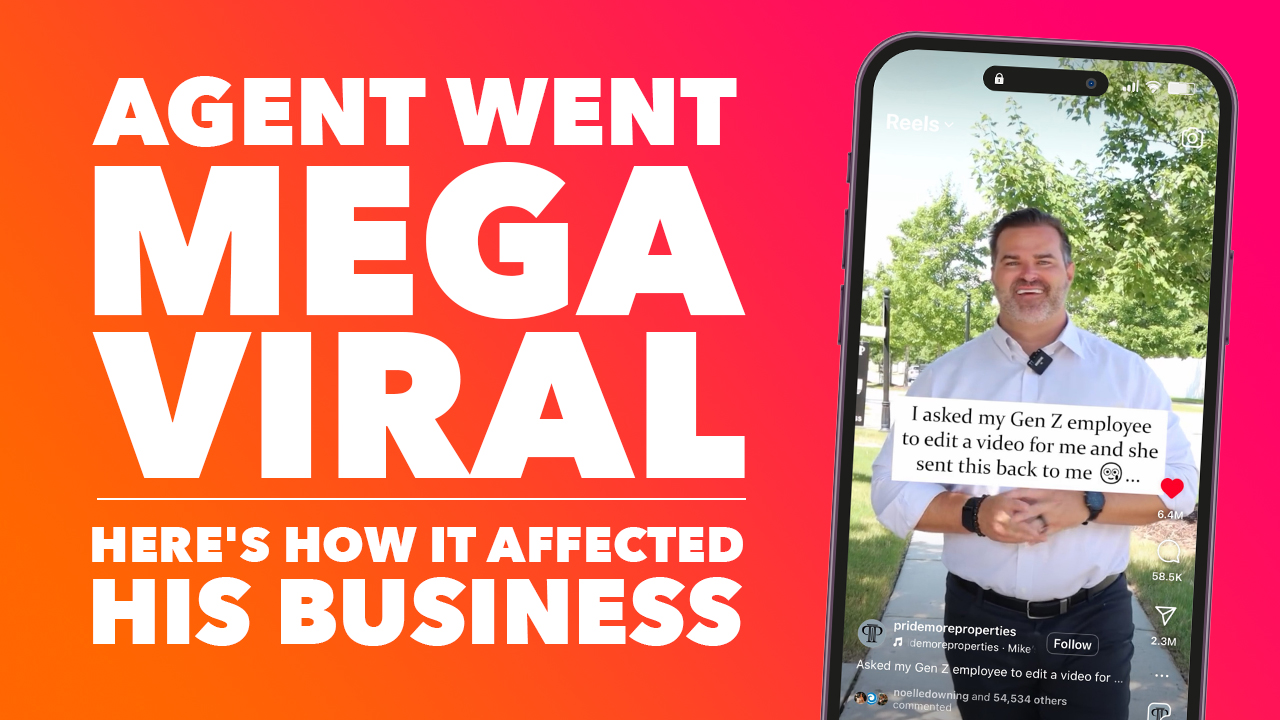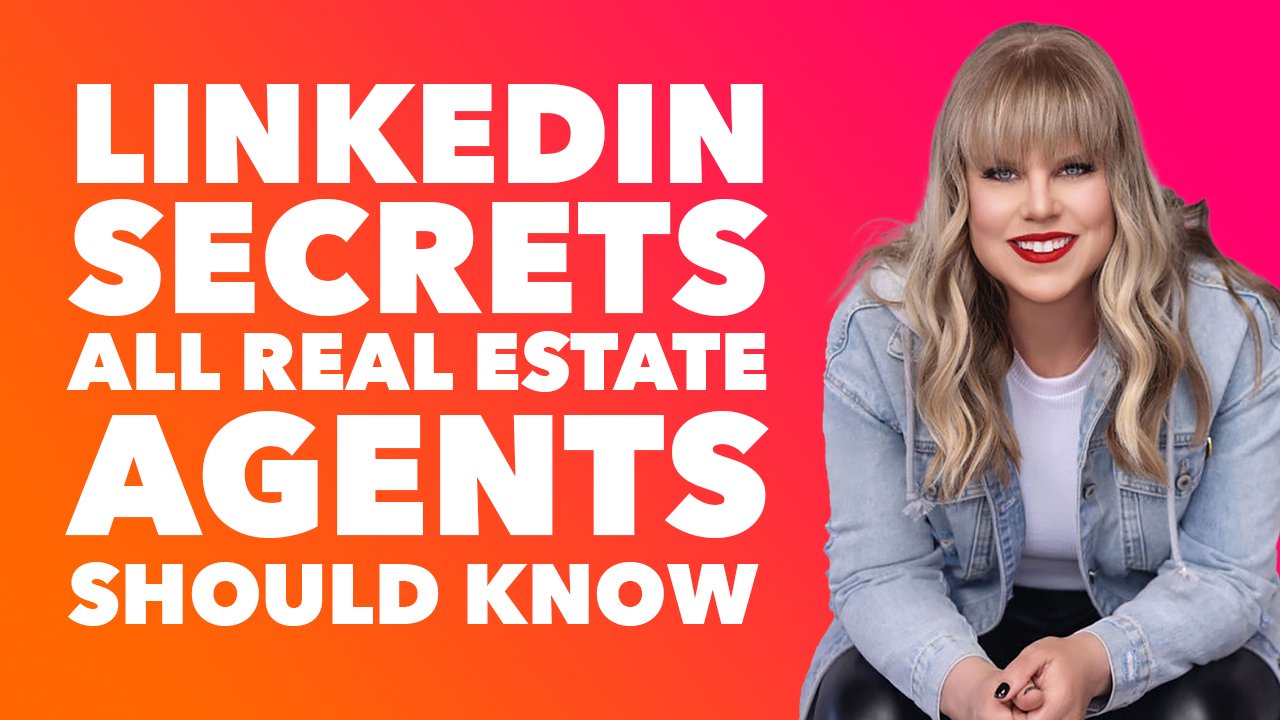Ep. 162: The Art of Following Up
How often should I follow up after a sales call is a legitimate question, but sales callers render it meaningless because they keep making this mistake.
Various studies and statistics prove time and again that following up is critical to your success in sales. So, it’s a good idea to make following up as easy and productive as possible. You’ll garner more respect, trust, patience, and sales if you approach your follow up with a prospect as a conversation and not a sales call.
Stop making the mistake of focusing on the transaction and wondering when you can jump in and close the deal. It’s the wrong approach, and you’ll only get stuck.
Concentrate instead on having a sincere and genuine conversation about things that matter to your prospects. Put the sale aside and talk with them as if they were a friend.
Because they’re remembered, the most successful follow ups are personal and unique.
For example, you can use social media to find out information about a prospect and use what you learn to inspire a memorable follow up … like when a salesperson sent Luke a case of Monster Energy drinks because he discovered that, at the time, it’s what Luke enjoyed drinking.
Your database is full of information that can anchor your attempts to follow up. Birthdays are an easy one. You can call, email, or send a card that reflects something you know about your prospect.
Real estate agents can use the anniversary of a home purchase to ask how things are going and to offer help.
If you’re a financial advisor, ask about a child that just graduated. You can let your client know there are decisions to make once their child turns 18 years old and becomes a legal adult (it’s a good bet they didn’t think about it and will appreciate the heads up).
In this episode of Stay Paid, Luke and Josh share some numbers that should put to rest all objections to following up. They also discuss the many ways you can follow up with prospects and, at each turn, they emphasize that the relationship should be what drives the process.
Listen to hear every valuable detail and make your next call a winner.
Key Points
- Sales callers get stuck because they focus too much on the transaction and not enough on having a conversation.
- The majority of sales callers give up on following up long before their customers and clients are willing to make a purchase.
- There are key details in using text and emails that can make or break your ability to connect with your prospects.
- The partnerships you can develop with people in industries that are complimentary to your own are ripe with opportunities to connect with more people.
Action Item
Call your clients to just check in with them. Don’t sell them anything; just have a conversation.

















 Soundcloud
Soundcloud iHeart Radio
iHeart Radio Spotify
Spotify Spotify
Spotify


